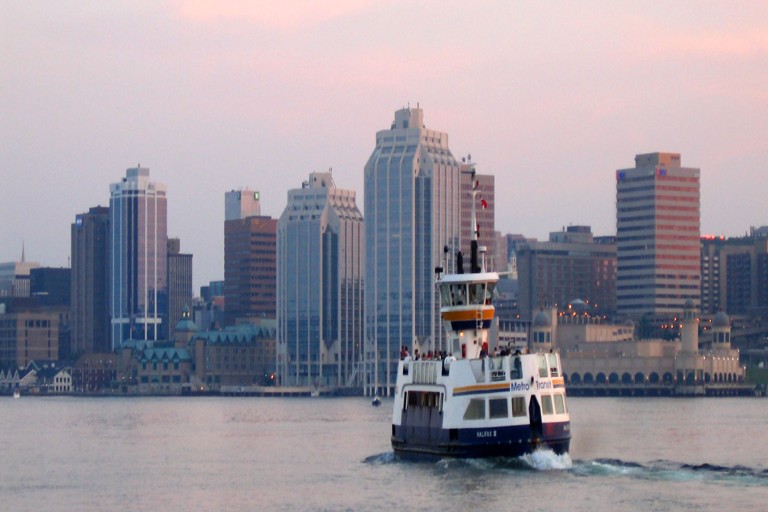Travel & Places
Halifax Harbour Ferry Celebrates 50 Years of Daily Commutes
What began as a modest transit route between Halifax and Dartmouth has become a local institution, now celebrating five decades of scenic service across the harbour.
Marcus LeBlanc | September 23, 2025 at 11:53 AM

This month marks a significant milestone in Halifax’s transportation history as the city celebrates 50 years of continuous service by its iconic harbour ferry. Since launching in 1975, the ferry route between Halifax and Dartmouth has carried millions of passengers across the water, becoming a fixture of daily life and a symbol of maritime connectivity.
Originally launched with modest wooden vessels, the ferry system has evolved with modern catamarans that operate year-round, ferrying commuters, tourists, and cyclists across the harbour in just 12 minutes. The service has been lauded not only for its efficiency but for offering scenic views of the city’s waterfront skyline.
“It’s more than just a commute — it’s part of our identity,” said transit historian Brent Fowler. “Generations of Haligonians have relied on the ferry, and it continues to be one of the most pleasant and reliable ways to travel in the city.”
To commemorate the anniversary, Halifax Transit has unveiled a limited-edition ferry wrap design featuring archival photos, nautical motifs, and celebratory banners. Onboard exhibitions now showcase the evolution of the ferry system, with interactive touchscreens and oral history recordings from longtime passengers.
A special ceremony held at Alderney Landing featured performances by local musicians, speeches from civic leaders, and the unveiling of a commemorative plaque. Mayor Mike Savage described the ferry as “a living bridge that has connected communities and shaped the rhythm of our harbour for five decades.”
Riders also shared memories during the celebration. “I used to take the ferry with my grandfather when I was a kid,” recalled Dartmouth resident Elaine Breen. “Now I ride it with my own children. It’s one of those constants in a changing city.”
Beyond nostalgia, the ferry continues to play a vital role in Halifax’s transit network. With rising concerns about congestion and sustainability, ridership has steadily grown over the past five years, supported by upgraded terminals and integration with bike lanes and bus routes.
Environmentally, the ferry service is gaining recognition for its low carbon footprint compared to land-based transit. Future plans include exploring hybrid and electric ferry models, aligning with the city’s climate action targets.
In recent years, the ferry has also become a tourist attraction, offering sunset cruises, winter rides through icy waters, and special holiday-themed sailings. Visitors praise the smooth ride and rare vantage points of Halifax’s architecture and naval heritage.
Ferry operators, many of whom have worked on the water for decades, say the camaraderie among crew and passengers is part of what keeps the tradition strong. “You get to know the regulars,” said captain Jonah MacNeil. “It’s not just transportation — it’s community on the water.”
As Halifax looks ahead to the next 50 years, city officials say the ferry will remain at the heart of transit planning. “This is one tradition we intend to keep afloat,” Mayor Savage said with a smile.